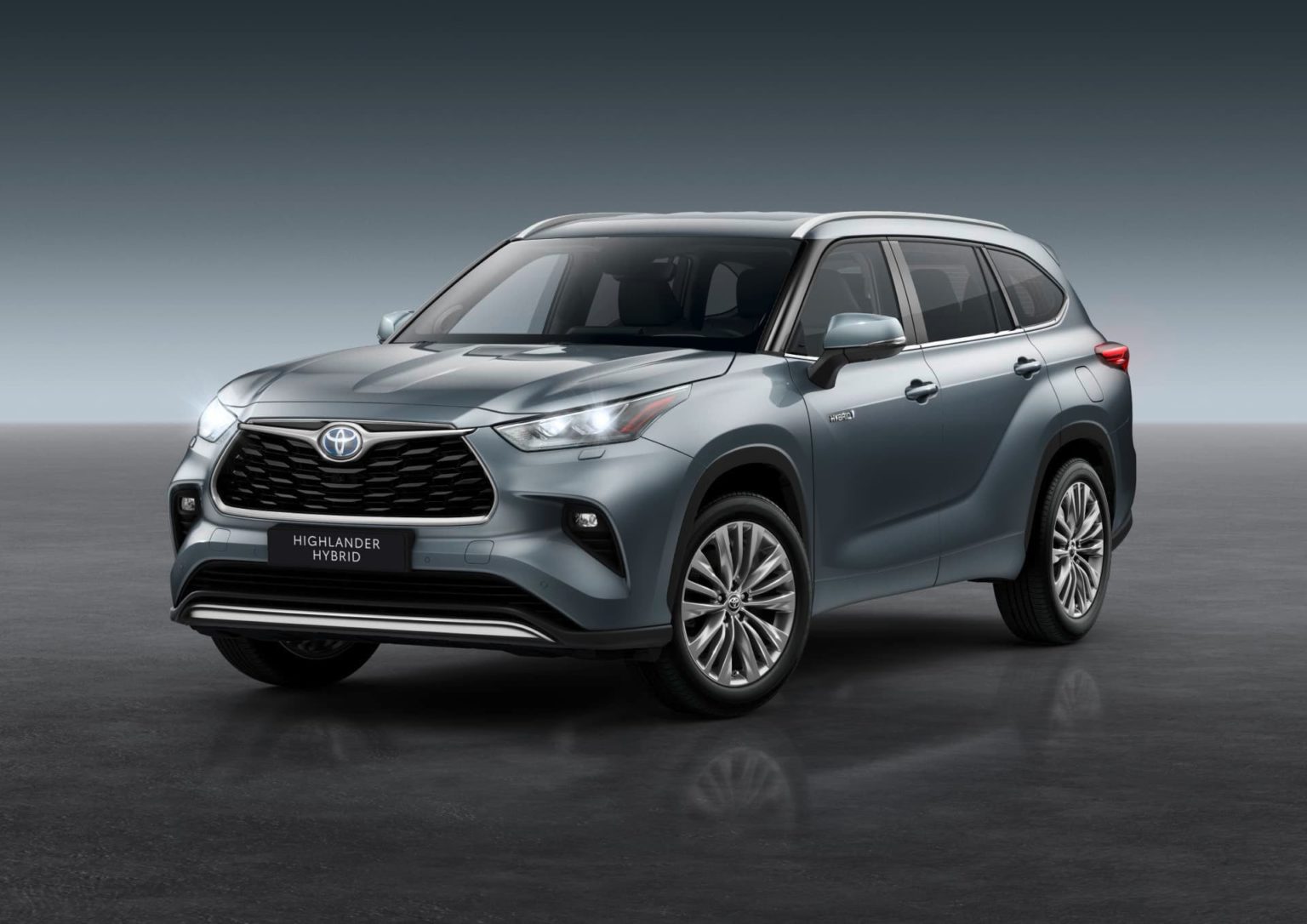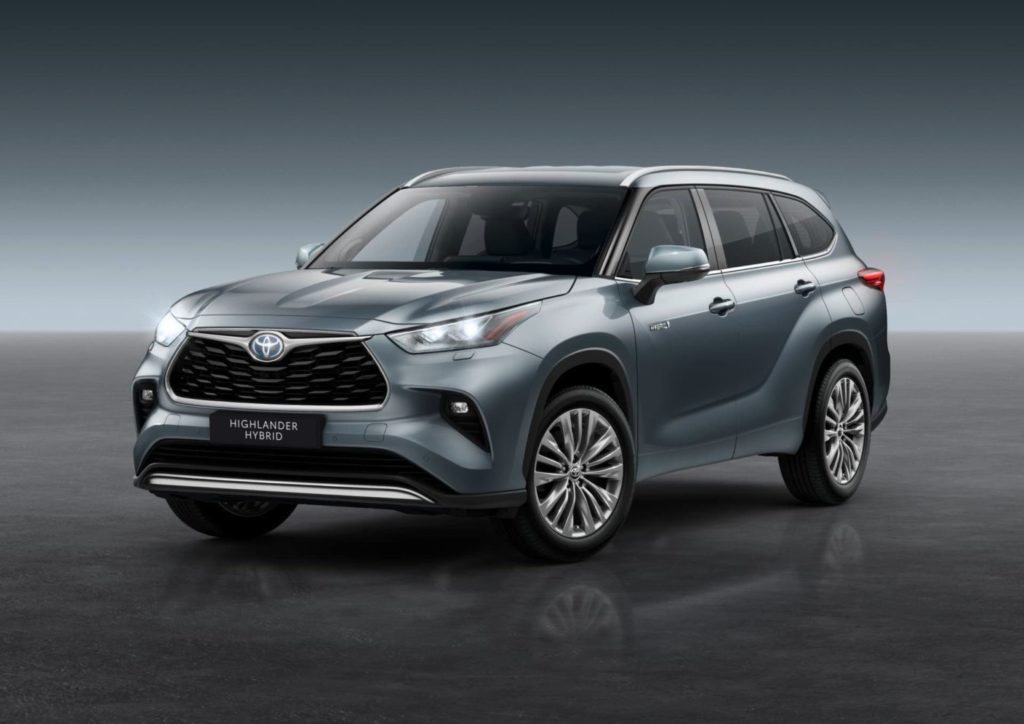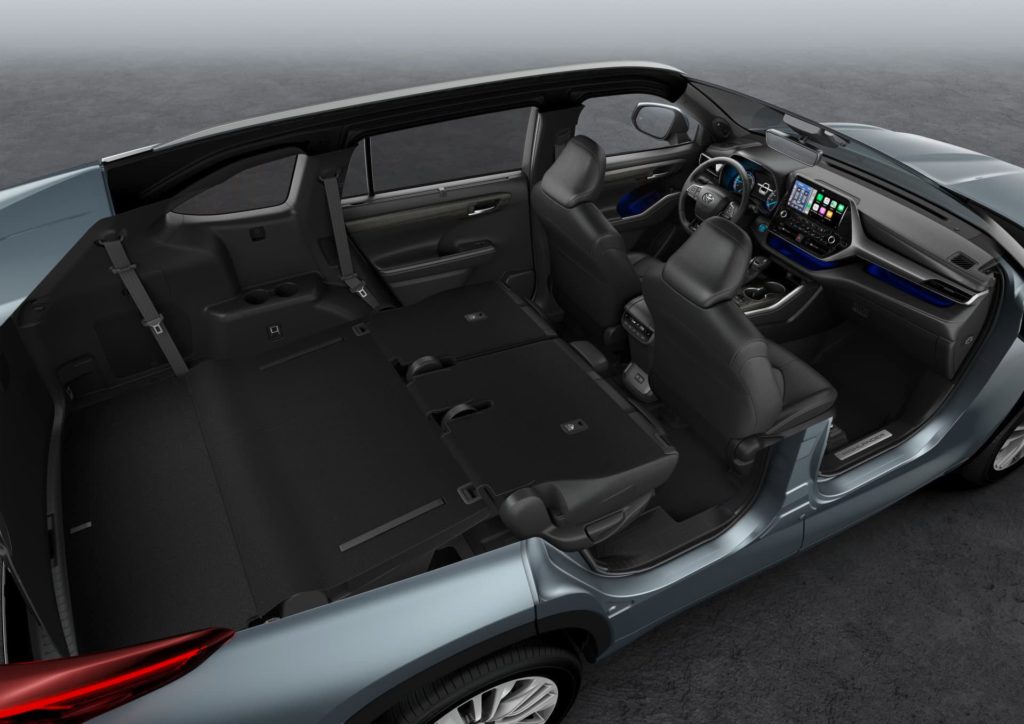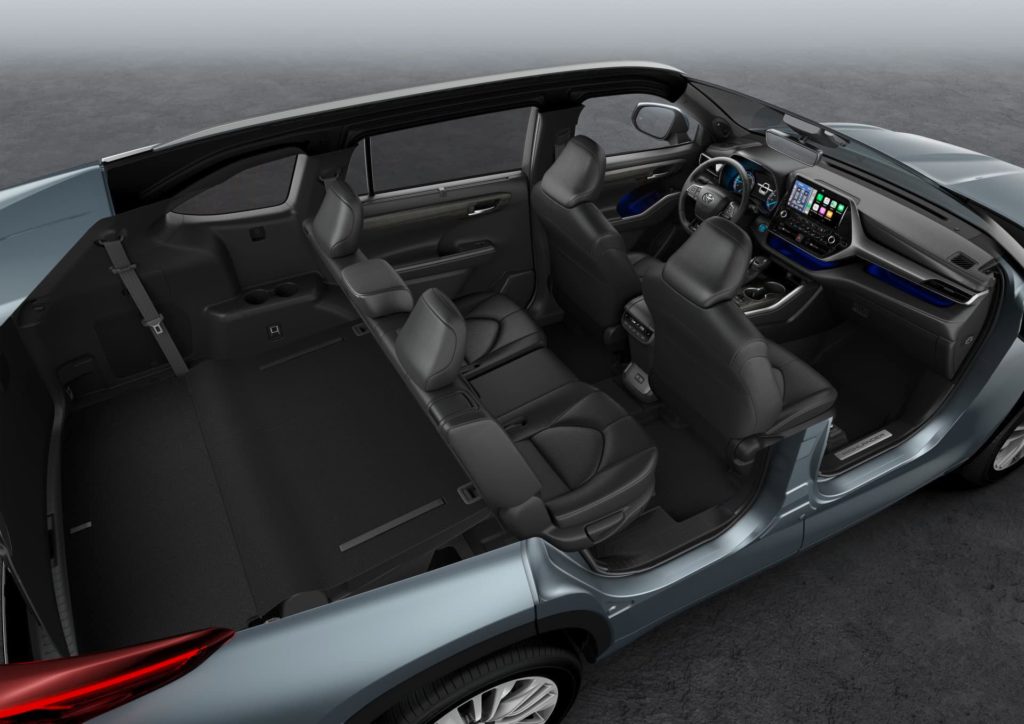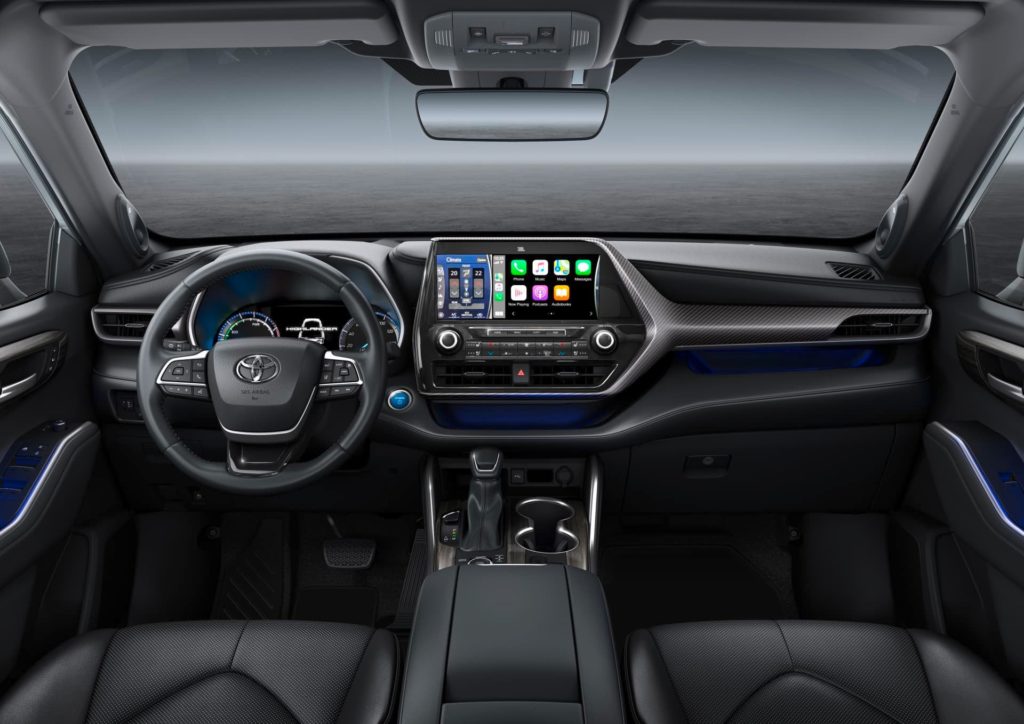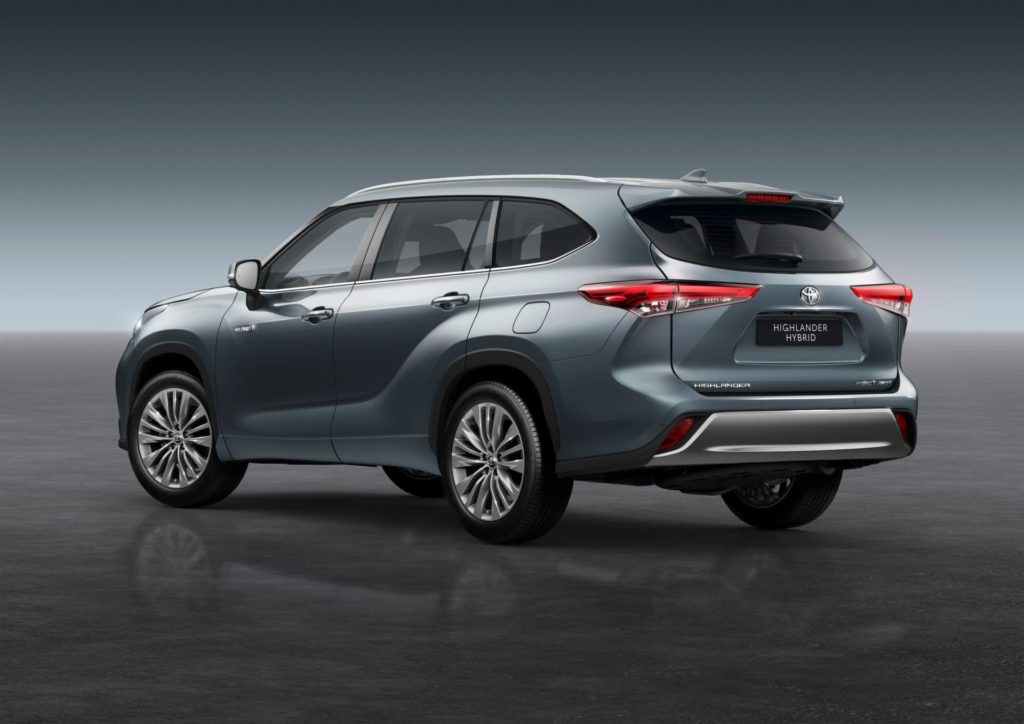A few months ago, Hyundai introduced the 45 EV Concept. A retro design prototype that was used to honor the Hyundai Pony. This vehicle cemented the Korean company’s international success almost half a century ago. Now, Hyundai has officially confirmed that the production version of this model will launch on the market next year and is being built on an exclusive assembly line.
This very Monday, the company informed its union about the plans for the “NE” project during a meeting held at the company’s main factory in Ulsan. The definitive model, which according to some rumors, will resume the mythical Pony denomination, will be launched on the market in January 2021, earlier than many expected.
Hyundai will adapt two complete production lines in the factory to the new E-GMP electric modular platform marking the distances with the previous Asian group electric models, derived from combustion vehicles (as with the IONIQ Electric or the Kona Electric). Thanks to this specific platform, Hyundai is confident in being able to offer more interior space thanks to its optimized mechanical architecture as well as better performance.
Some workers, however, fear that job cuts will occur during the transition to electric car manufacturing, which uses fewer parts than traditional ones. Since last year the union has been working to negotiate job cuts with the company. An advisory committee recommended to Hyundai a few months ago a 40% reduction (10,000 workers) of its workforce by 2025.
“Electric cars require fewer parts to make, and we are not trying to deny that. But that doesn’t immediately equate to any job cuts. A plan is a plan, and we are going to work with the union on future projects,” says Kim Tae-Sik, a Hyundai spokesperson.
The Hyundai Pony will be a compact (C-segment) with a retro design inspired by the hatchbacks of the 70s. Therefore, it will be distinguished by an angular and “square” aesthetic following in the footsteps of models such as the Honda e. This vehicle will rival the Nissan LEAF and Volkswagen ID.3 and is expected to go a step further than Hyundai’s current electric cars in terms of performance and range (possibly exceeding 500 km WLTP). At first it will have versions equipped with all-wheel drive.

